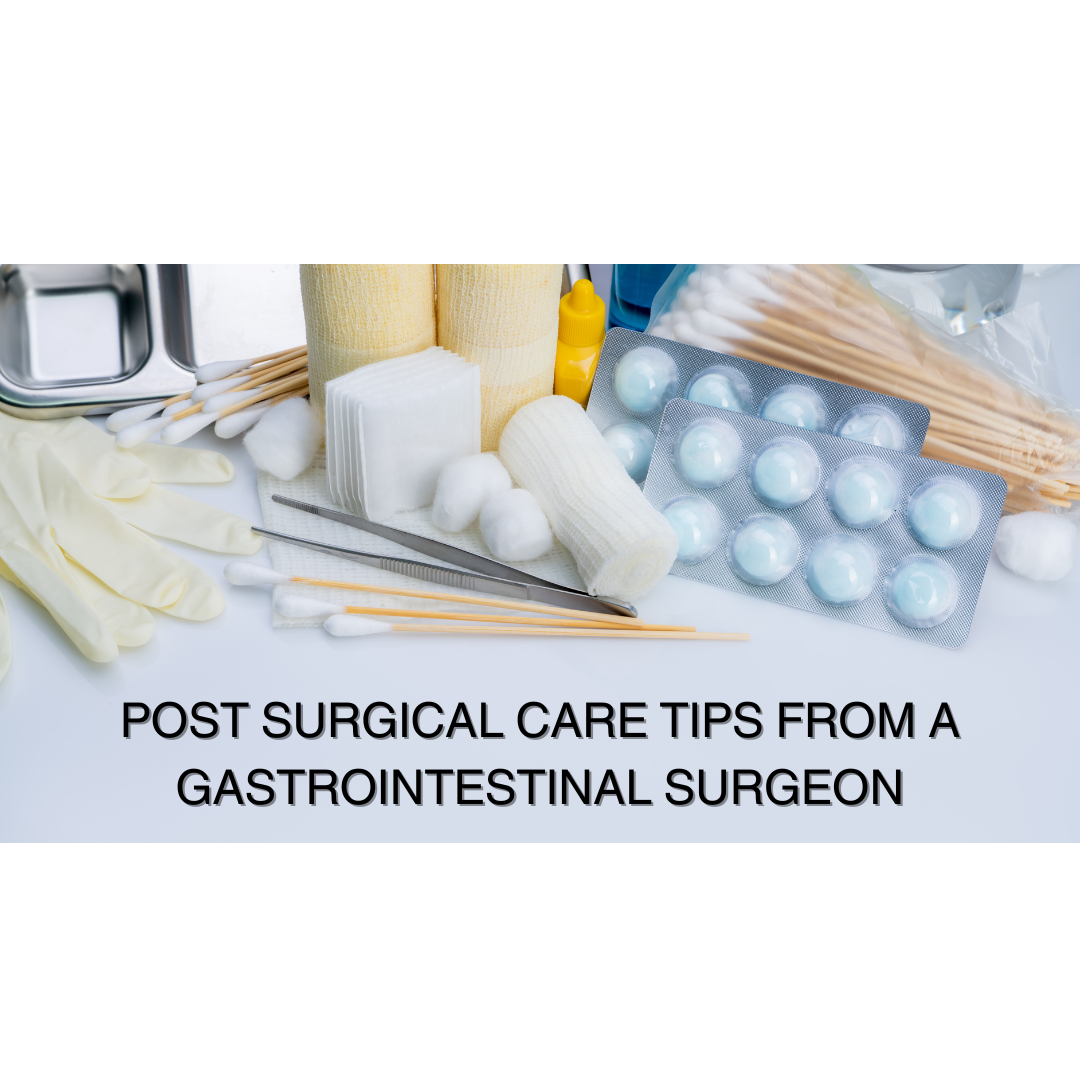Gastrointestinal surgery can be a daunting experience, but understanding the recovery process can significantly ease your journey back to health. As a gastrointestinal surgeon, I’ve guided many patients through their recovery, and I’ve seen firsthand the difference that good habits and informed decisions can make. Here are my top recovery tips for anyone undergoing gastrointestinal surgery.
1. Follow Your Surgeon’s Instructions
The importance of following your surgeon’s post-operative instructions cannot be overstated. These guidelines are tailored to your specific surgery and condition, and adhering to them helps prevent complications and promotes healing. Whether it’s taking prescribed medications, managing your wound care, or adhering to dietary restrictions, following these instructions is your first step towards a smooth recovery.
2. Manage Pain Effectively
Pain management is crucial in the initial stages of recovery. You may be prescribed pain medications, which should be taken as directed. Don’t hesitate to communicate with your healthcare provider if your pain isn’t well-controlled. Pain that is not managed can hinder your ability to move and perform necessary activities, slowing your recovery.
3. Maintain a Healthy Diet
Nutrition plays a key role in healing. Initially, you might need to follow a special diet, such as a liquid or soft food diet. Gradually, you’ll be able to reintroduce other foods. Focus on:
Protein: Essential for tissue repair. Include lean meats, fish, eggs, and legumes.
Vitamins and minerals: Important for recovery. Eat a variety of fruits and vegetables to ensure you’re getting a broad spectrum of nutrients.
Hydration: Stay well-hydrated, especially if you’ve been prescribed medications that can cause dehydration or if you’ve lost fluids during surgery.
Avoid foods that can irritate your digestive system, such as spicy foods, caffeine, and alcohol, until your surgeon gives you the green light.
4. Gradually Increase Physical Activity
Rest is crucial, especially in the first few days post-surgery. However, prolonged bed rest can lead to complications like blood clots and muscle weakness. Follow your surgeon’s advice on gradually increasing your physical activity. Short, gentle walks can help improve circulation and speed up your recovery. Avoid strenuous activities and heavy lifting until your doctor says it’s safe.
5. Watch for Signs of Complications
Be vigilant about any signs of complications and contact your healthcare provider immediately if you notice:
Increased pain: Especially if it’s not relieved by medication.
Fever: This could indicate an infection.
Redness, swelling, or discharge from the incision site: Signs of a possible infection.
Difficulty swallowing or changes in bowel movements: These could indicate an issue with your gastrointestinal system.
6. Attend Follow-Up Appointments
Regular follow-up appointments allow your surgeon to monitor your progress and address any concerns promptly. These visits are an opportunity to discuss any issues you’re experiencing and adjust your recovery plan if needed.
7. Practice Good Wound Care
Keeping your incision site clean and dry is essential to prevent infection. Follow your surgeon’s instructions on how to care for your wound, including how often to change dressings and when you can shower. Avoid submerging your incision in water until it’s fully healed.
8. Prioritize Mental Health
Surgery can be mentally and emotionally taxing. It’s normal to feel anxious or down during your recovery. Stay connected with friends and family, and don’t hesitate to seek support from a mental health professional if you’re struggling. Practices such as meditation, deep breathing exercises, and light activities you enjoy can also support your mental well-being.
9. Stay Positive and Patient
Recovery is a gradual process and can vary significantly from person to person. Celebrate small milestones and be patient with your body. A positive attitude can significantly impact your recovery journey.
Conclusion
Recovering from Gastrointestinal surgery requires a combination of medical adherence, lifestyle adjustments, and self-care. By following these tips, you can help ensure a smoother and quicker recovery. Always stay in close communication with your Surgeon and listen to your body. Here’s to a healthy and speedy recovery!
—



